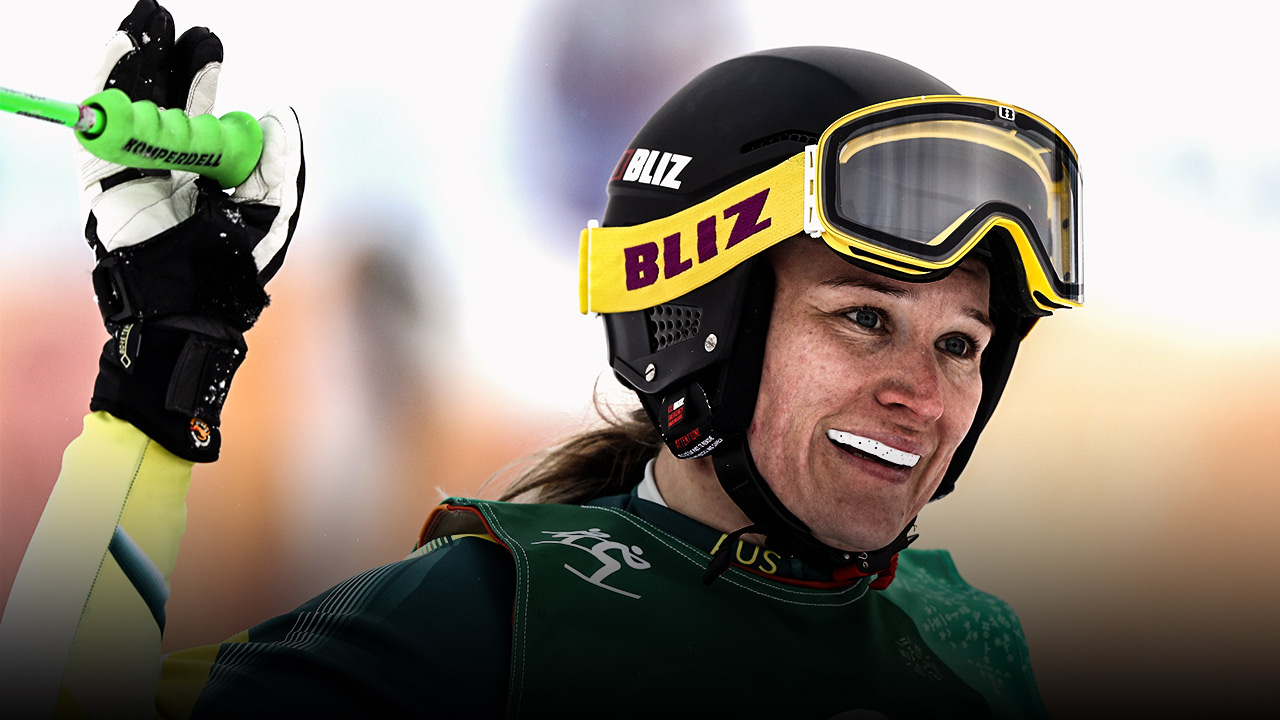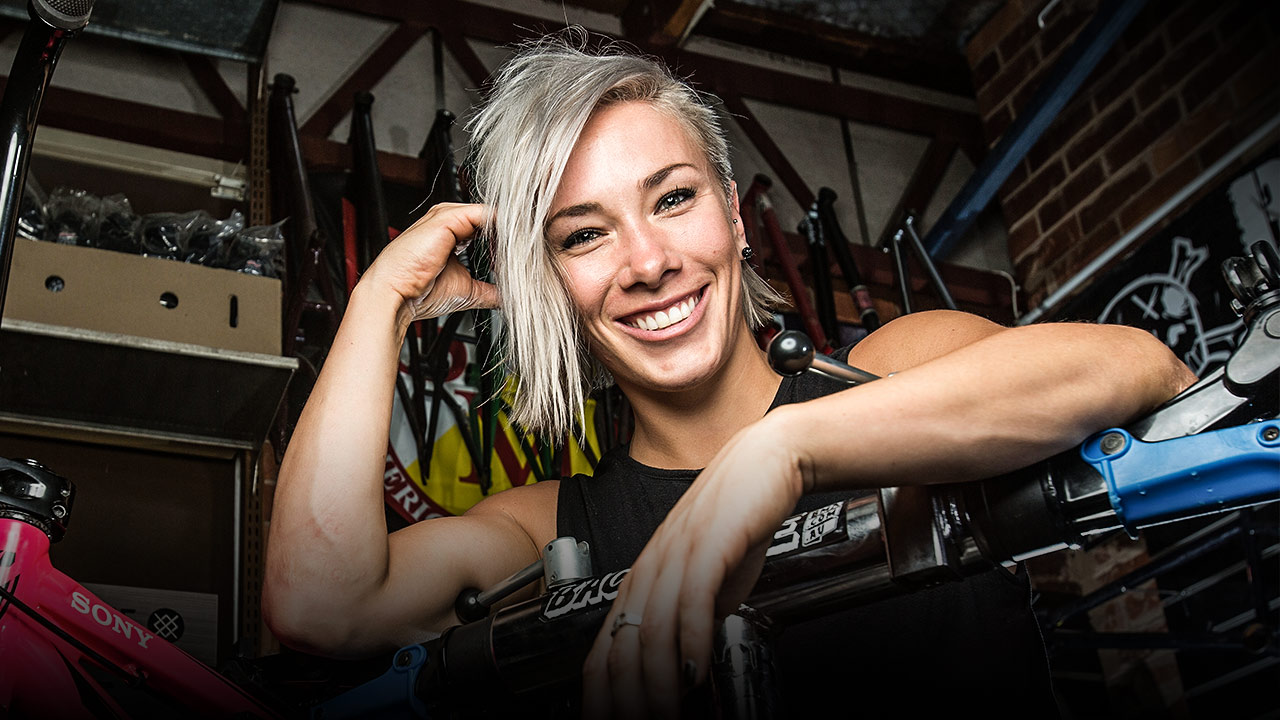The same blood
I guess you could say their wish came true. I grew up around a lot of family and spent a lot of time playing with my cousins. In Darwin, where I grew up, you only get two seasons, dry or wet, and no in between. I never really wore shoes, we played on the street and everywhere we went was by bike or foot.
It was a really laid-back environment. I loved growing up there with so many people around me.
When you live in Darwin, you’re called a water baby because you’re always under a hose or going for a swim in rivers or creeks. You’d leave a note with your parents that you were going to the creek, you’d jump off rocks into the water, hang off trees. With the climate change around there, those creeks don’t fill up as much anymore, so it can be a bit dangerous.
I was lucky I was the youngest and could leave it to others to scout the river for crocs. They’d let you know where you could swim. Sometimes you’d be sitting on a rock having lunch or something and you’d see a croc and know not to go swimming around there.
When you’re a kid, you have no fear. It’s only as I’ve become older that I’ve thought, ‘I can’t believe we’d go swimming at places like that!’

Because of the message from my grandparents, which has been passed along, I’ve always counted family members as my closest friends.
People would ask me why my second cousin is my best friend and I’d say, ‘We’ve got the same blood, so my cousin is my family member and that means she’s really close to me’. It means we’ll grow old together and go through our successes and failures together.
Our family has gone through so many ups and downs, but we’ve never been divided. I was always taught to physically and emotionally ‘show up’, not matter what. It was never about being forced, it was about wanting to be there because they’re your family and you love them. That’s the value my grandparents taught us.
playing for him
I’ve got a sister and three brothers. Jonathan, the brother above me, has been a big influence on me. He has epilepsy and there have been four or five times when we were lucky we didn’t lose him.
Jonathan wasn’t allowed to do a lot of the things he wanted. He wasn’t allowed to get a licence or go swimming by himself.
He had wanted to play AFL. He wanted to play hockey for Australia. He says he just wasn’t good enough. But, as he was fighting to get better, he was also fighting something else – his epilepsy.
When you constantly see your brother having seizures – and you have that family message about being fearless and living your dreams – it pushes you to make the most of what you’ve got.
My brother would say to me, ‘Don’t take for granted what you have. You have a healthy body’. Whenever I go through a tough time in hockey, or anything else, I always have him in the back of my mind. He can’t do what I can do. I wanted to become something for him. I wanted him to be able to share my dreams.
Jonathan would kind of shrug that off and say, ‘No, don’t do it for me! You live your life’. But having him in my corner, along with the rest of my family – including Nova, who’s reached her goals – gives me a platform to believe I can achieve anything. It sets you straight.

Flag at the Games
Hockey was just something I enjoyed. My siblings played it, Nova played for Australia and I just went along with it. I also made great friends through playing.
Nova has always given me the same message as our grandfather, that if you want something, you’ll find a way to get the best out of yourself. If you get selected, then great. But if not, then you have given everything you’ve got. When I was 18 or 19, I got picked up into the system and that was my shot.
Playing at the Rio Olympics was a big moment and a time in my life that brought together a lot of the lessons handed down from my grandparents.
I looked up and saw them waving the Indigenous flag. I’ve never felt so proud.
Before the first game, I read all my messages from my cousins and could really feel their backing. They were there for me and sharing my success. I wasn’t just representing myself, I was representing my whole family. I wasn’t alone. I had everything I needed and it was a really happy feeling.
There was one moment during our game against Argentina when I think everything kind of struck home. I felt really proud to represent Australia but, at the same time, you never forget where you come from.
When the ball went out of play and I went to get it, a family in the crowd caught my eye. I looked up and saw them waving the Indigenous flag. I’ve never felt so proud. I think I might have got a bit teary.
I just thought to myself, ‘That’s me. That’s who I am’. After the game, I went to see them. They gave me a Darwin shirt with the Indigenous flag on it. It was a really emotional thing and it caught me off-guard a bit. I realised in that moment that that’s why I play.
More about: Hockeyroos | Indigenous Australians | Olympic Games | Racism | Rio 2016




 Load More
Load More